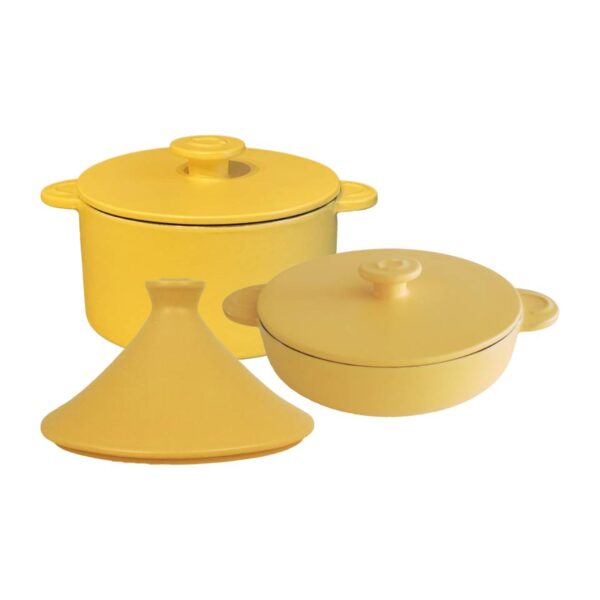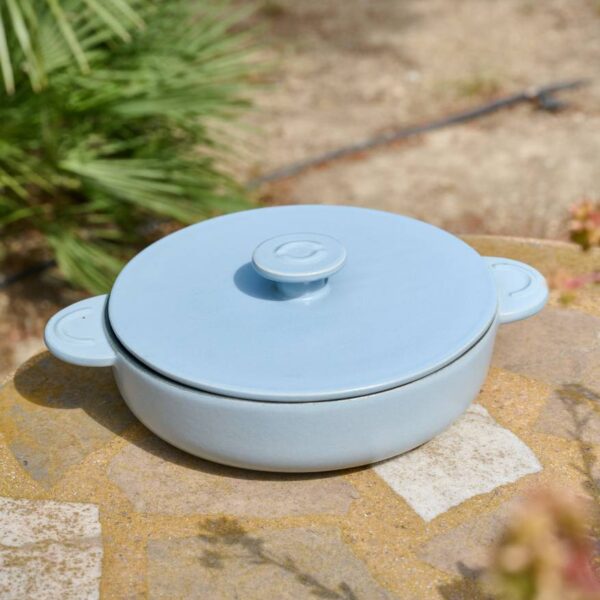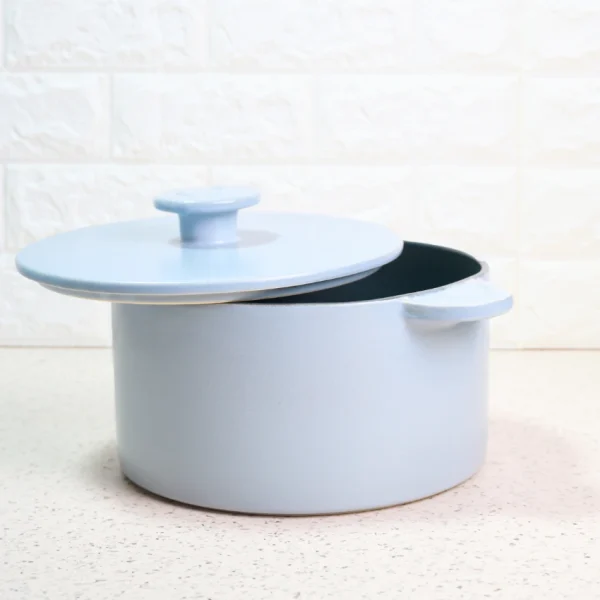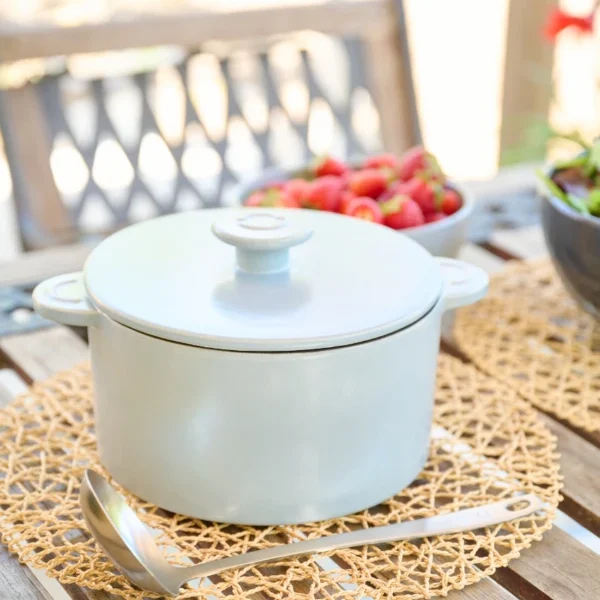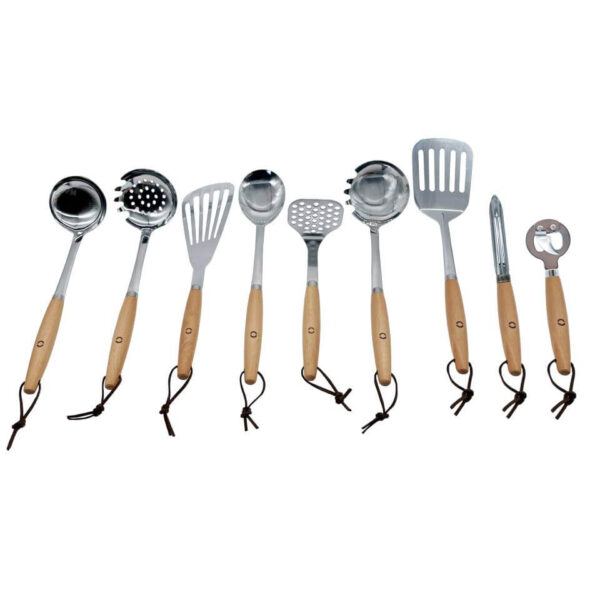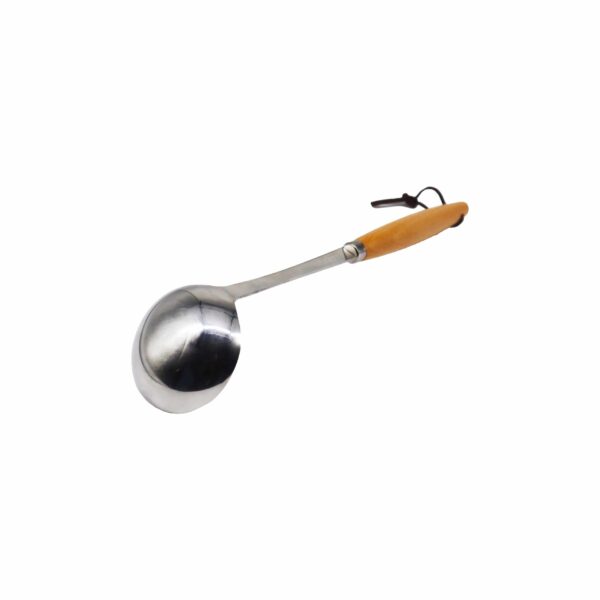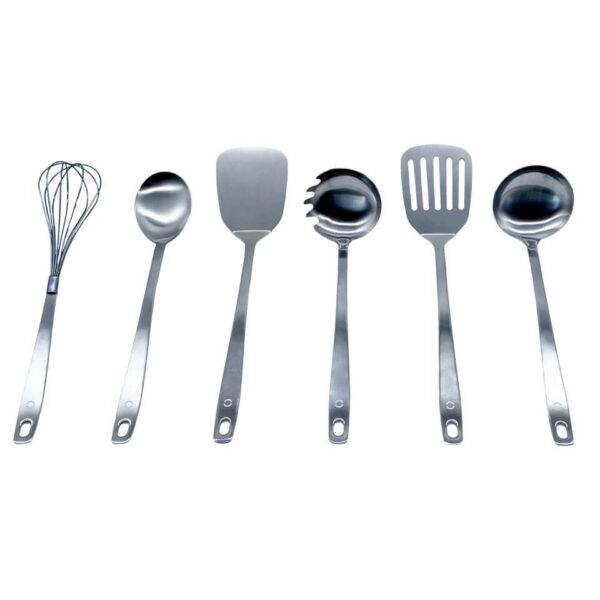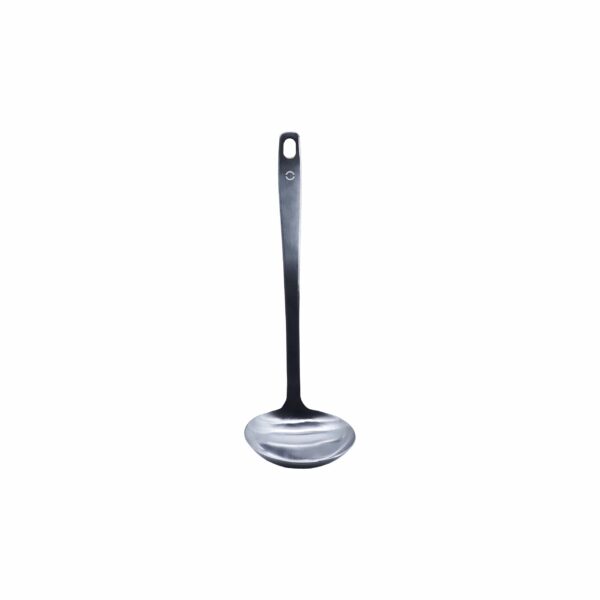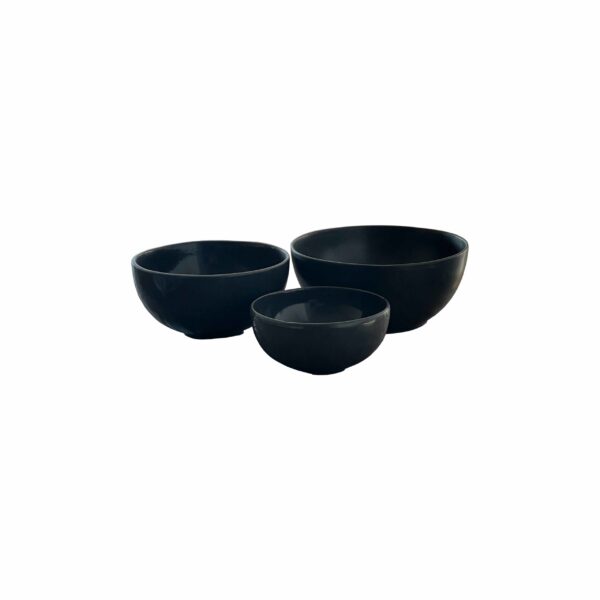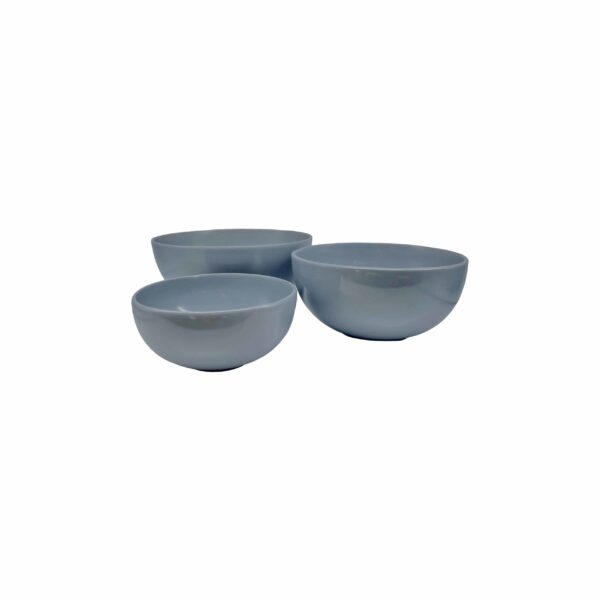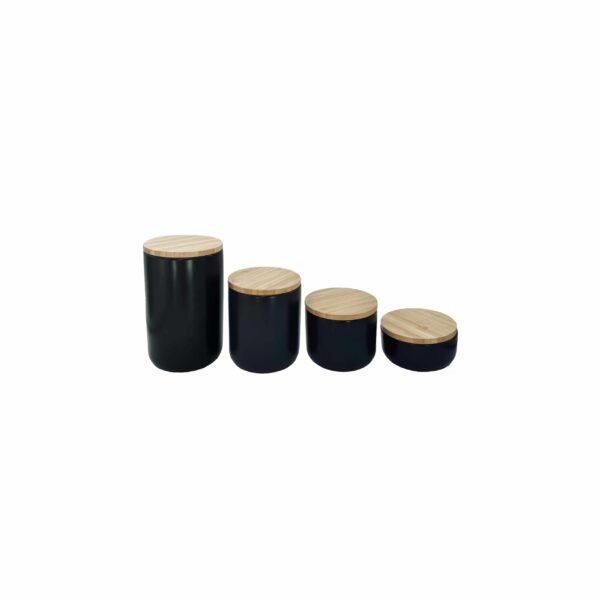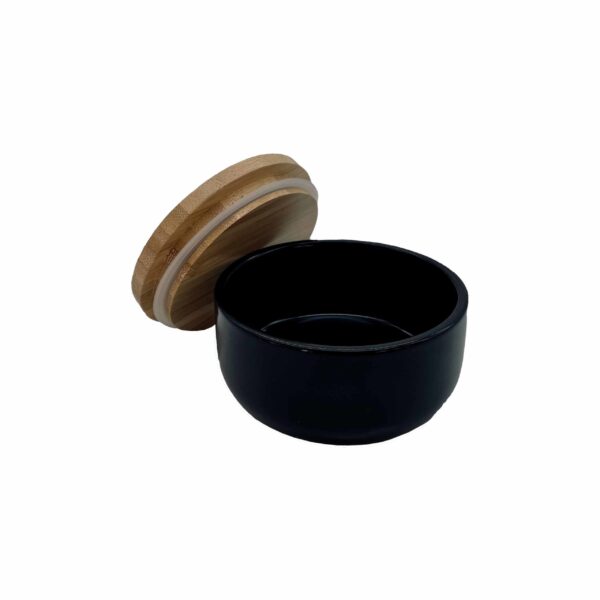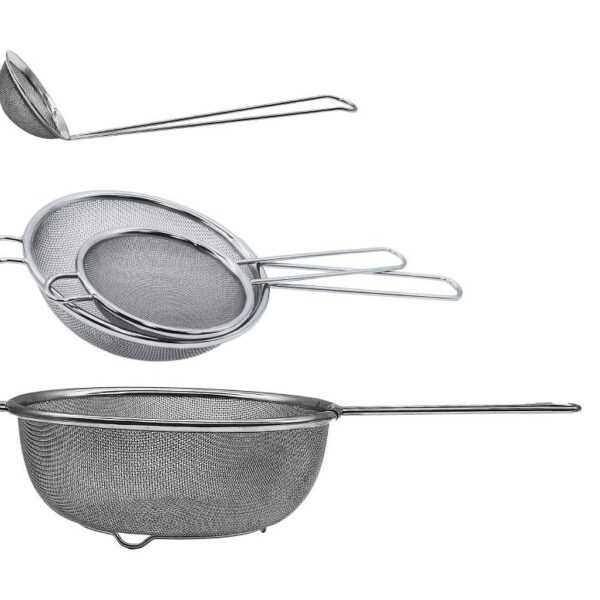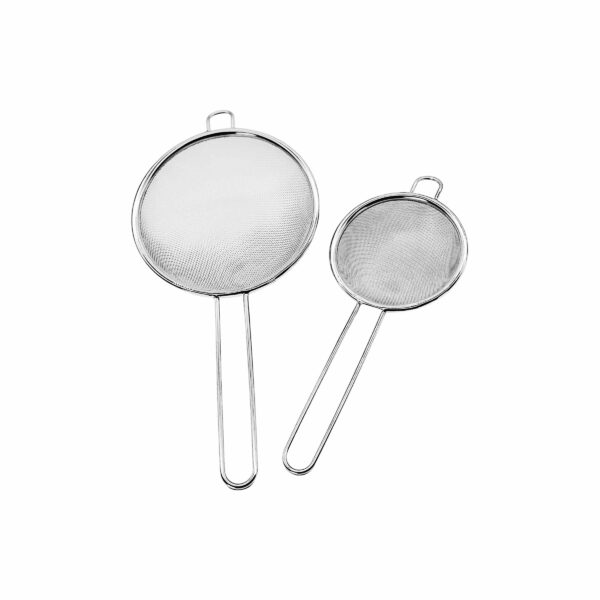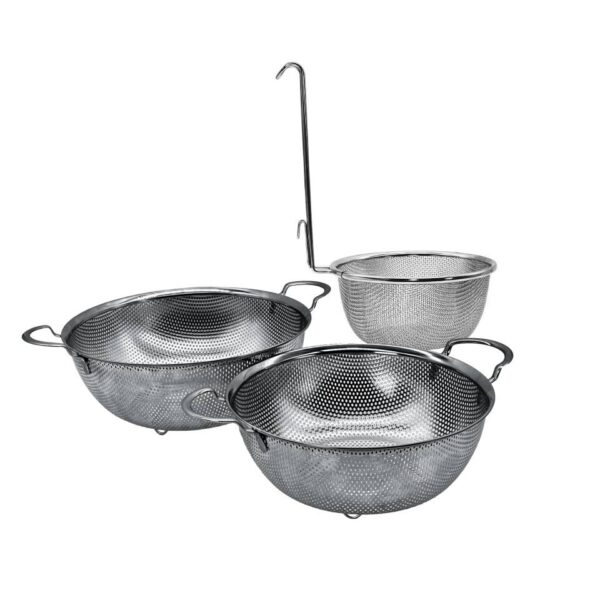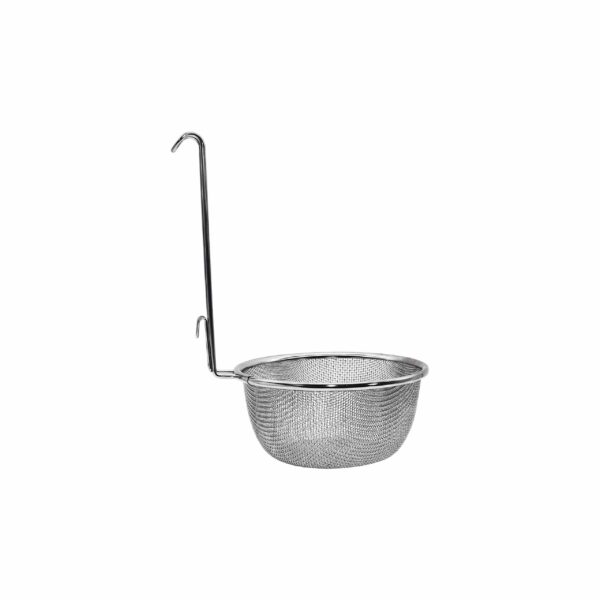Fiber in your Diet: Importance and Recommendations

Fiber is an essential component in people’s diet, although it seems to have been forgotten in recent years, overshadowed by proteins and minerals, which have taken center stage. However, its importance cannot be underestimated, and it is necessary to emphasize its value once again.
Therefore, in this article from Kuoko, we are going to tell you about the benefits of fiber in the body and its importance in digestion, so that no one forgets to include fiber-rich foods in their diet.
What is fiber?
Fiber is a component found in plant-based foods such as fruits, vegetables, whole grains, nuts, and legumes. Unlike other components of food, fiber is not digested in the human body. Instead, it passes through the digestive system relatively intact, providing a series of health benefits.
Why is fiber important in the body?
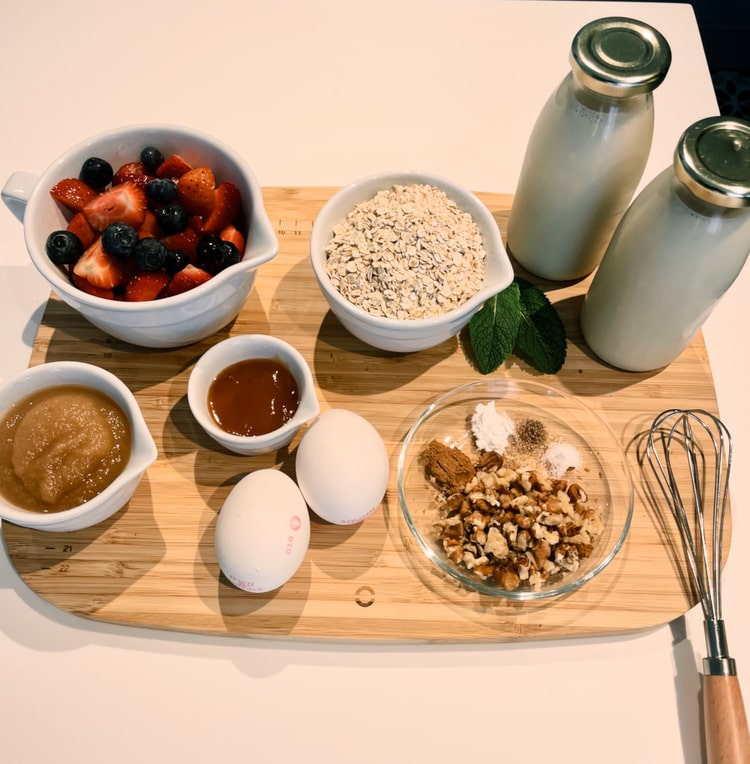
Fiber plays a crucial role in digestive health. By adding bulk to the stool, it helps prevent constipation and improves intestinal regularity. In addition, fiber contributes to maintaining healthy blood sugar levels, reducing the risk of heart disease, and controlling body weight.
However, besides aiding digestion, fiber also has the ability to act as a natural “cleaner” of the digestive system, eliminating toxins and waste. That’s why, when someone suffers from intestinal issues, they are recommended to eat fiber-rich foods for constipation.
How much fiber is necessary in our body?
The recommended daily amount of fiber varies depending on age, gender, and level of physical activity. However, in general, adults should consume at least 25 to 30 grams of fiber per day to maintain optimal health.
Best Foods for Constipation
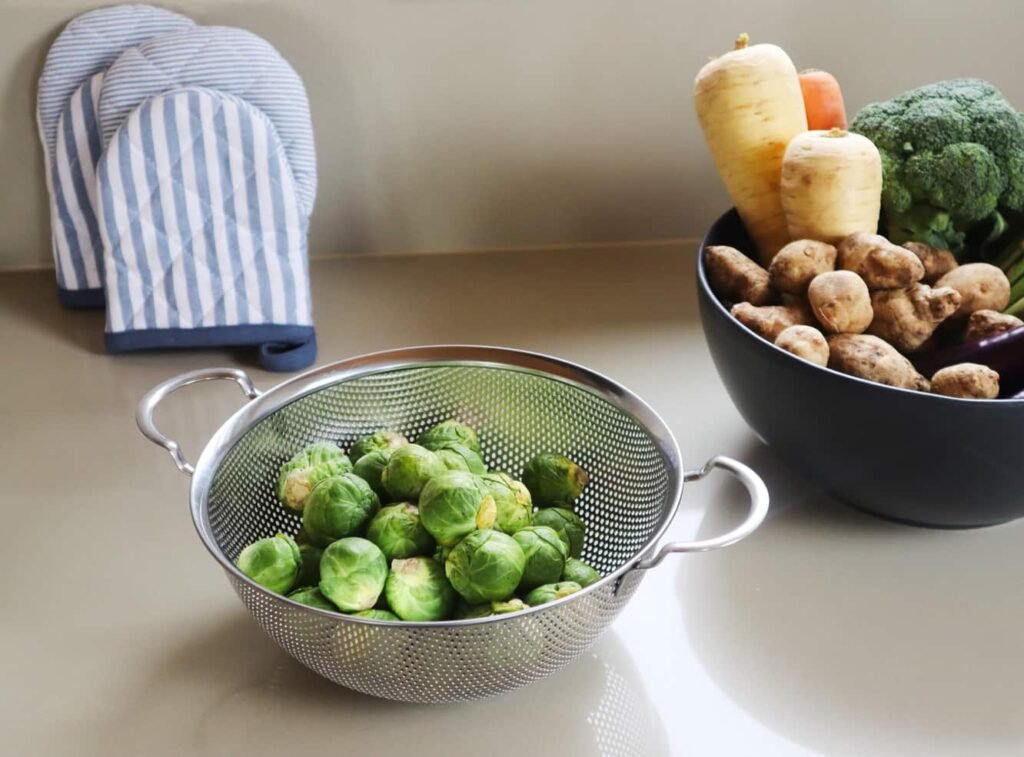
As mentioned earlier, fiber-rich foods are essential to combat constipation. Therefore, if you experience difficulty in bowel movements, try introducing into your diet fruits like pears, apples, and prunes, leafy green vegetables, whole grains like oats and quinoa, legumes like lentils and beans, and nuts.
Additionally, you should drink plenty of water and other liquids such as broths and juices to facilitate the functioning of fiber in your body and treat constipation, as dehydration is often the cause of such discomfort.
Remember that the key to enjoying good health is to follow a rich, balanced, and varied diet, so if you don’t know what to eat for constipation, try some of the recommendations we just made!
And, if you need help planning your diet, don’t hesitate to consult a professional in the field of nutrition and health. Often, our biggest enemy is misinformation, so seek and ask any questions you may have to develop healthy and appropriate eating habits.




